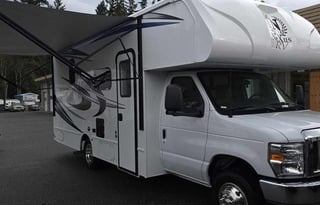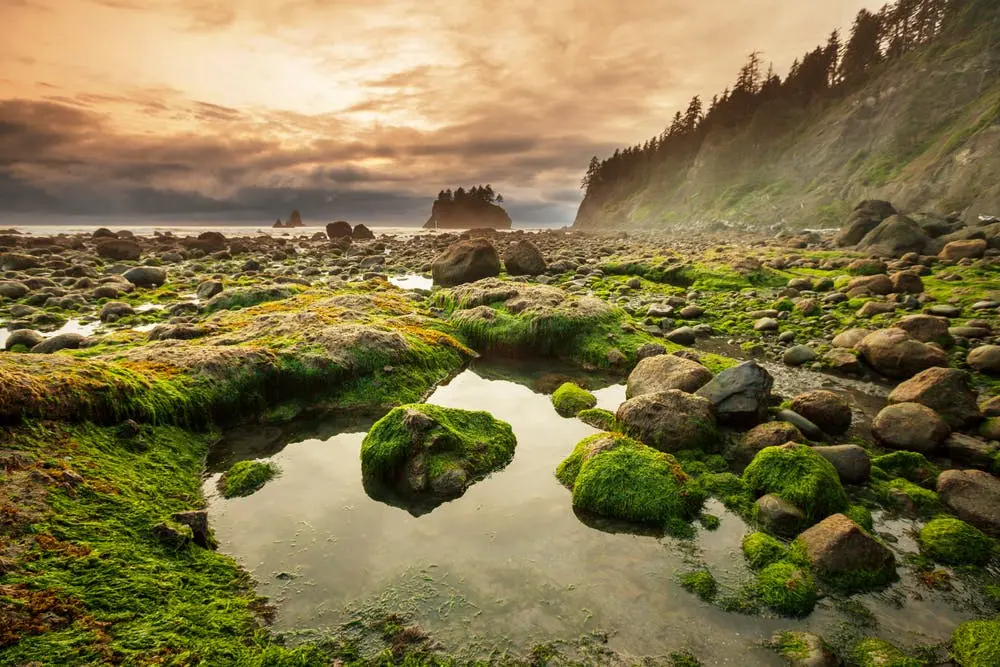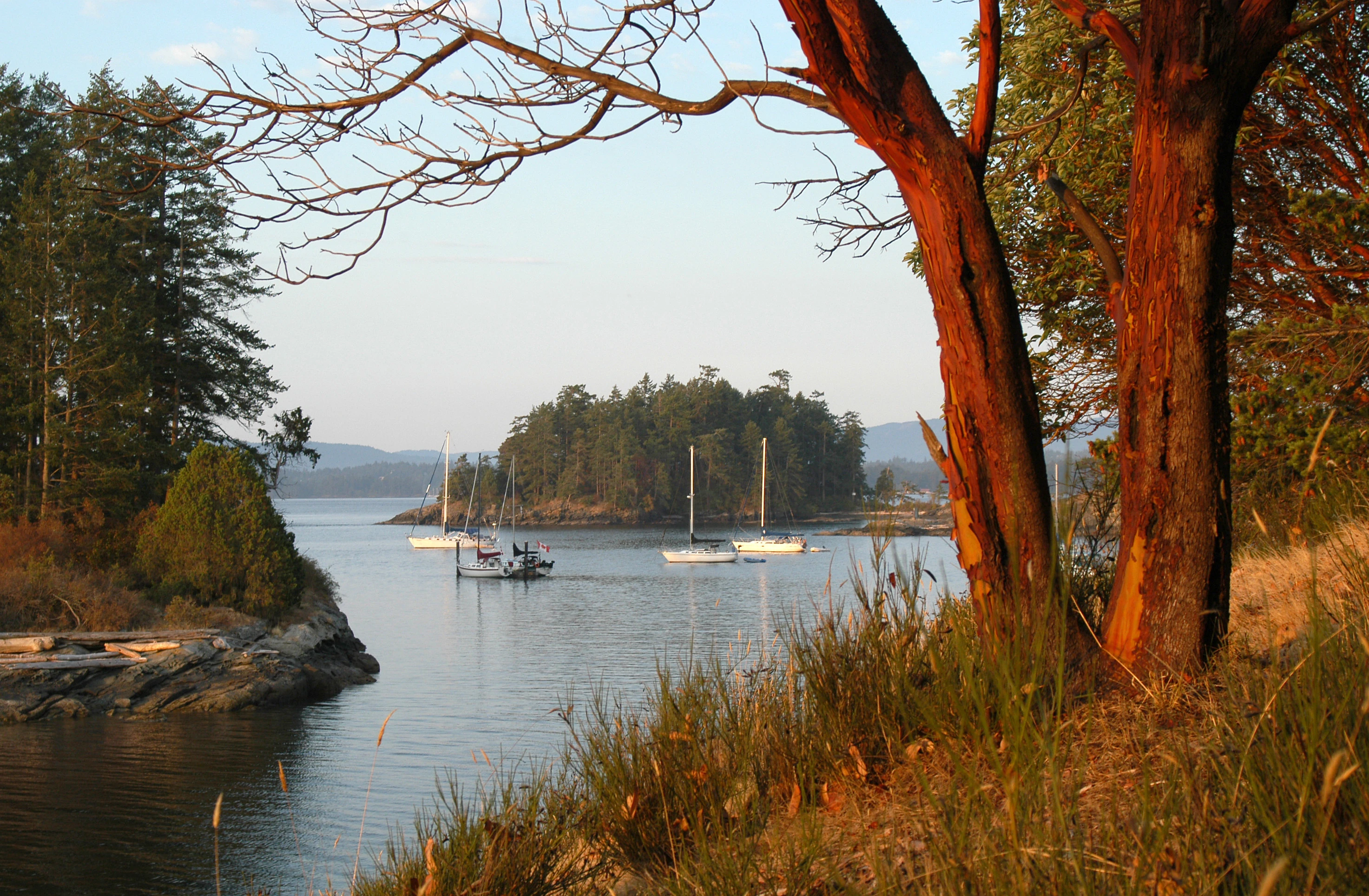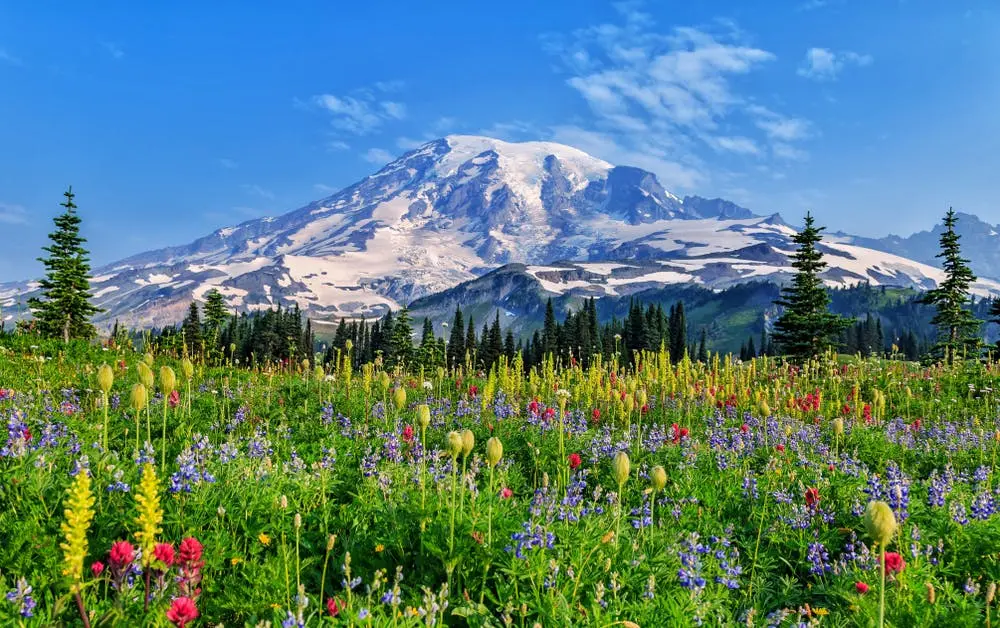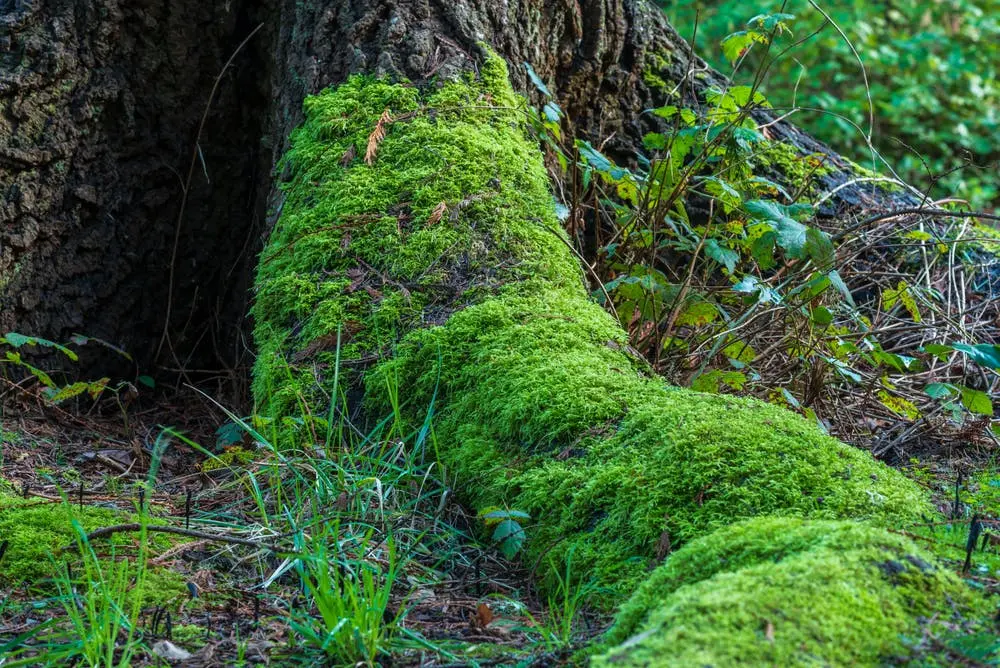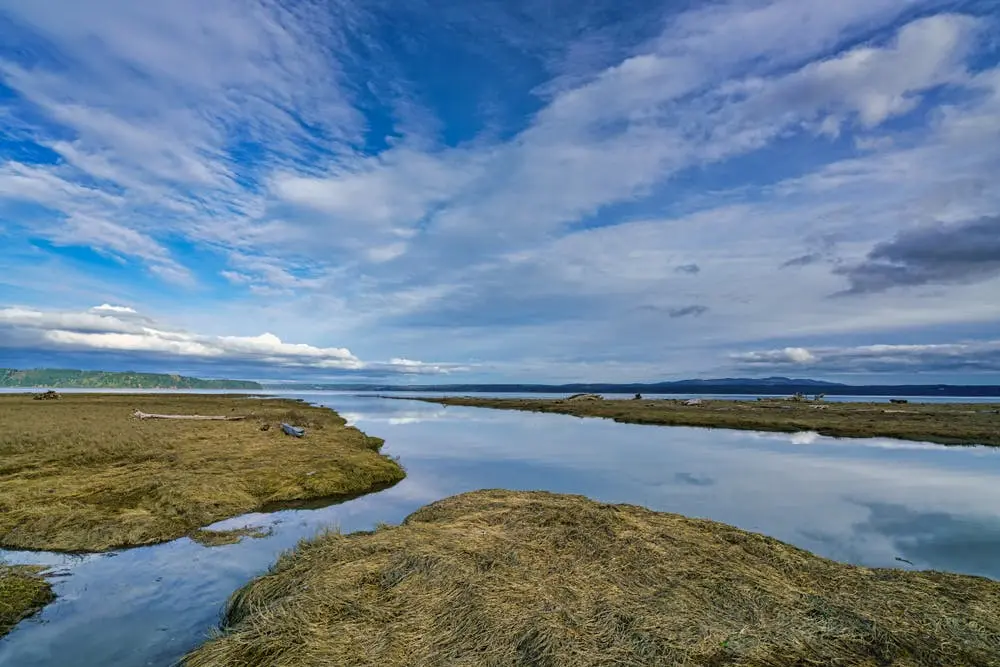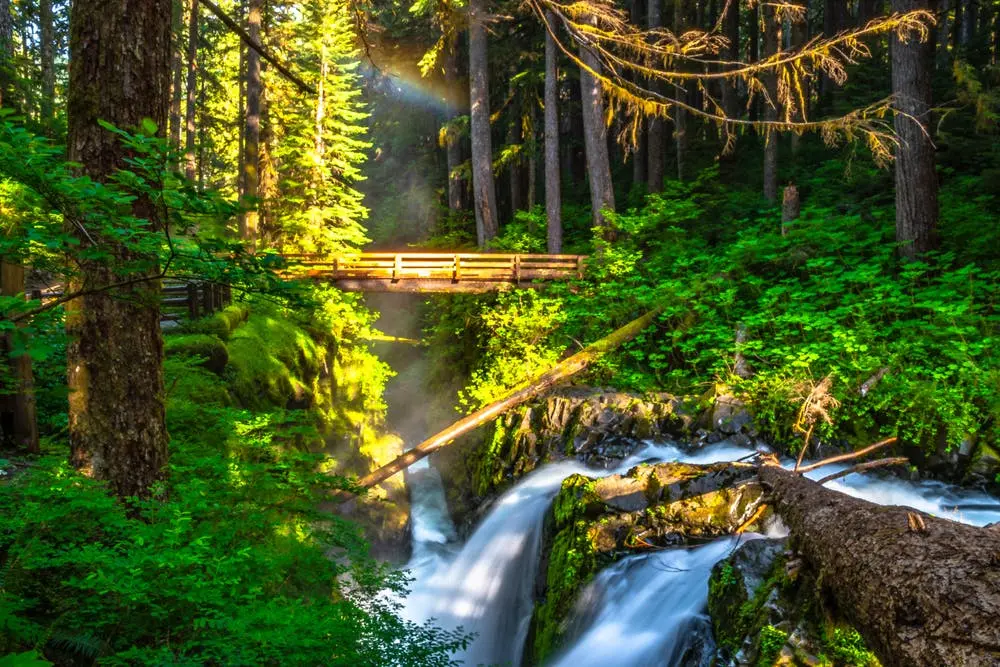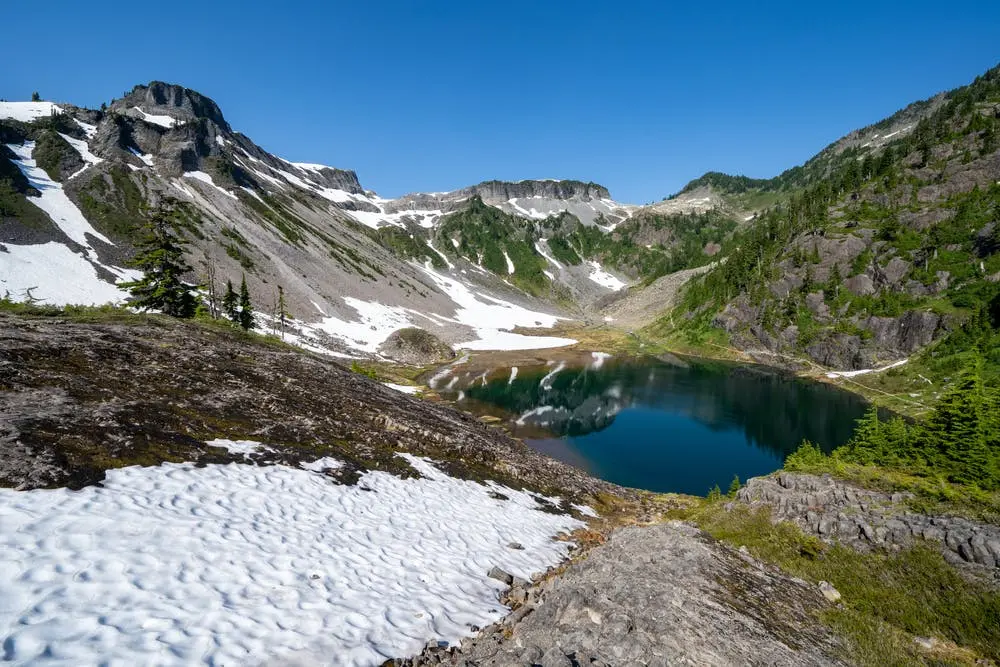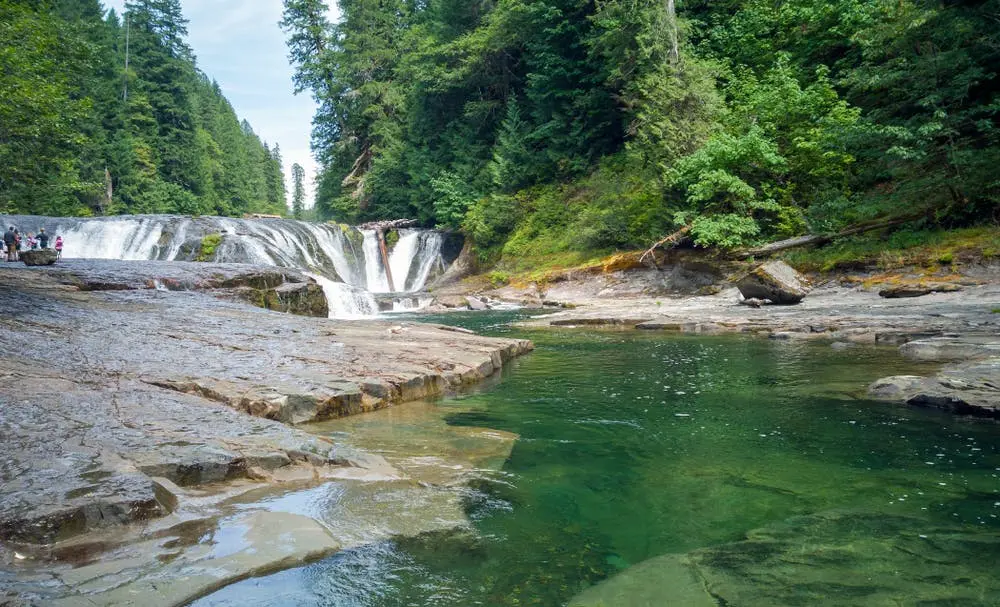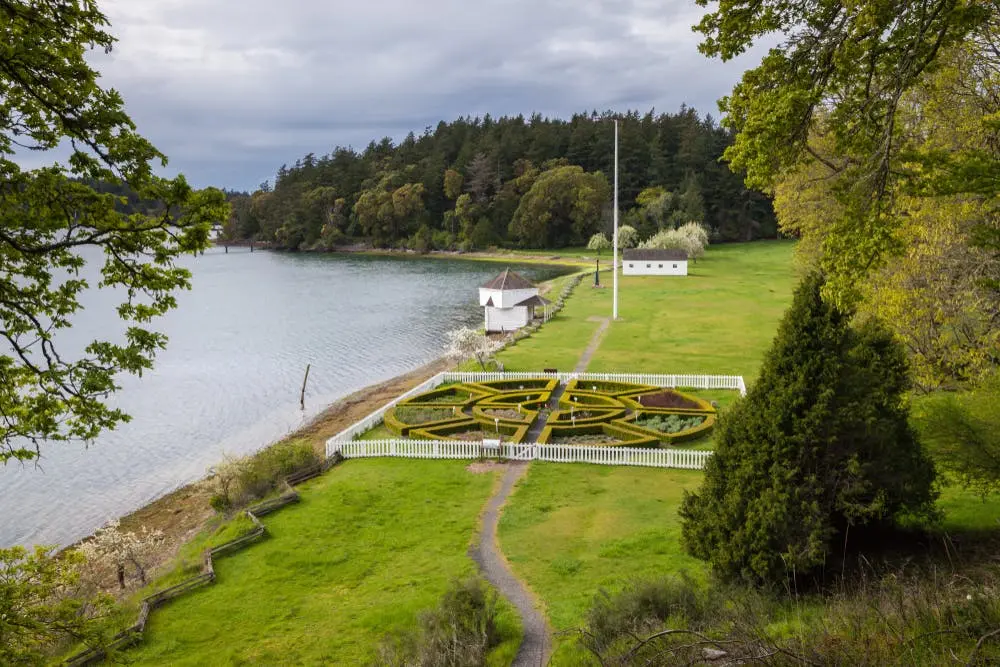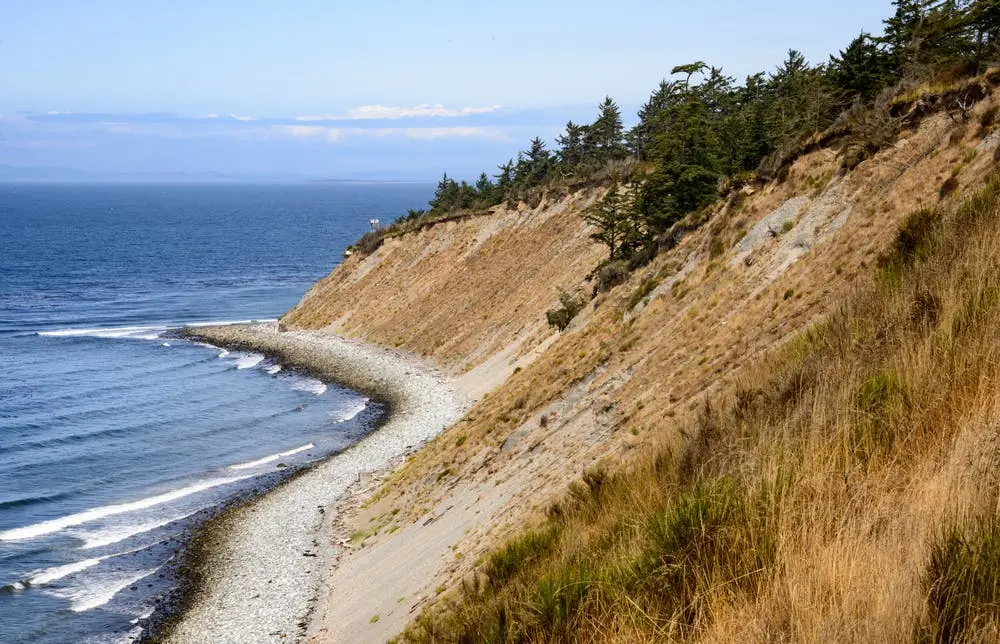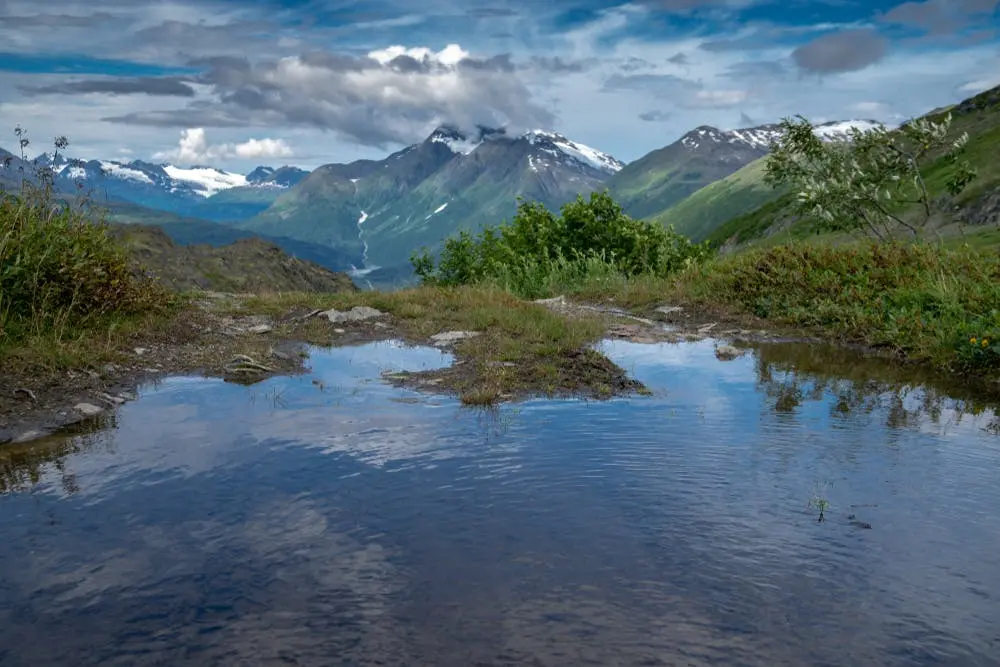Class C RV Rentals in Port Angeles, WA



Browse motorhome by RV Class in Port Angeles, WA
Browse towable by RV Class in Port Angeles, WA
Fifth Wheel
Attaches to a tow vehicle via a gooseneck extension in the truck bedView all Fifth Wheel rentals in Port Angeles
Travel Trailer
Trailer options exist for every kind of SUV or pickup tow vehicleView all Travel Trailer rentals in Port Angeles
Popup
Can be towed by ordinary passenger vehiclesView all Popup rentals in Port Angeles
Toy Hauler
Can be towed by many SUV or pickup tow vehiclesView all Toy Hauler rentals in Port Angeles
Popular RV Searches in Port Angeles, WA
Cheap
Under $100 per nightView all Cheap rentals in Port Angeles
Affordable
$100 - $250 per nightView all Affordable rentals in Port Angeles
Luxury
Above $250 per nightView all Luxury rentals in Port Angeles
Delivery
Owners that deliverView all Delivery rentals in Port Angeles
Pet Friendly
Bring your furry friendView all Pet Friendly rentals in Port Angeles
Best National Parks Near Port Angeles, WA
Olympic National Park is a vast outdoor haven covering a huge portion of Washington's Olympic Peninsula. The park contains majestic mountains complete with hot springs, lush temperate rainforests, and a stretch of breathtaking coastline. Additionally, the area boasts hundreds of fascinating archaeological sites, which date back over 12,000 years. The park is a hiker's paradise, featuring thousands of miles of scenic trails. There are also top-notch opportunities for biking, kayaking, swimming, wildlife viewing, and more.
Located near the Washington-Canada border, North Cascades National Park is most known for its stunning beauty. The picturesque area is home to the towering Cascade Mountains as well as crystal-clear lakes, colorful wildflowers, and incredible glaciers. In total, the park is home to 312 glaciers, accounting for roughly one-third of the glaciers in the continental United States. Popular activities in the park include hiking, fishing, camping, kayaking, bird watching, and wildlife viewing.
Mount Rainier National Park is one of the most famous places in Washington, most known as the home of the majestic Mount Rainier itself. The iconic peak, which is actually an active volcano, stands an amazing 14,410 feet tall. In the mountain's shadow, you'll find old-growth forests and serene meadows to explore. During the spring and summer, the park is one of the state's most popular hiking destinations. During the winter, however, many visitors head to the Crystal Mountain ski resort to have some fun hitting the slopes.
Sequim Bay State Park is located only a short distance from Port Angeles and is home to the scenic Olympic Discovery Trail. Visitors can hike the popular trail, take part in guided wildlife tours, or go kayaking, canoeing, or boating in the nearby bay.
Fort Ebey State Park is known mainly as a historical site, featuring a fortress that dates back to the 1940s. The park also features a lovely beach, where visitors can enjoy a swim or do some sunbathing. The Pacific Northwest National Scenic Trail passes through the area, making the park a popular destination for avid hikers.
Another awesome historical site is Fort Flagler State Park, which is a former U.S. Army coastal artillery fort. Popular activities for visitors include hiking, biking, picnicking, boating, and taking part in guided tours of the historical buildings.
National Forests Near Port Angeles, WA
Washington is home to a spectacular selection of monuments and landmarks, and if you intend to visit a few of them, Seattle's iconic Space Needle is an excellent starting point. The world-famous spire is both an observation tower and a restaurant, and if you take the trip to the top, you'll enjoy incredible views of the Seattle skyline, the Puget Sound, and several stunning mountain ranges.
While you're in Seattle, consider also checking out the Arthur Foss Tugboat. Most likely the oldest wooden tugboat that's still floating, the boat was built in 1889 and has a storied history. The boat is docked at the Historic Ships Wharf at Seattle’s Lake Union Park, and guided tours are available to explore it.
If you travel to the small town of Snoqualmie, Washington, you can visit the amazing Snoqualmie Falls. The powerful 268-foot waterfall is surrounded by multiple observation decks and scenic hiking trails that visitors can explore.
The Port Angeles area is home to many quality campgrounds, and one excellent example is Skokomish Park At Lake Cushman. The campground boasts 30 RV campsites available for $42 to $54 per night, and full hookups are provided. The park offers many amenities and nearby opportunities for swimming, boating, fishing, and hiking.
Another great place to stay is the Gilgal Oasis RV Park, which features 28 full-hookup RV campsites for $35 per night. Each campsite is equipped with level pads and a firepit, and guests will have access to a game room, a kitchen, various amenities, and a friendly staff.
You could also rent one of the 42 RV campsites at the Point Hudson Marina & RV Park, which are available for $30-$56 per night. The campground boasts a cocktail bar, an on-site restaurant, various amenities, and plenty of local stores.
RV Rentals Near Port Angeles, WA
Frequently Asked Questions About Renting a Class C RV Near Port Angeles, WA
How do I properly navigate and park a Class C motorhome rental in urban areas or tight spaces in Port Angeles, WA?
When navigating and parking a Class C motorhome rental in urban areas or tight spaces, it's important to take your time and plan your route beforehand. Familiarize yourself with the dimensions of the motorhome and the height and width restrictions of the roads you'll be traveling on. When it comes to parking, look for designated spots or parking garages that can accommodate the size of your RV. Always pay attention to signage and be aware of any towing restrictions in the area.
Do I need to know any weight or height restrictions when driving a Class C motorhome rental in Port Angeles, WA?
Yes, it's important to be aware of weight and height restrictions when driving a Class C motorhome rental in Port Angeles, WA. Many bridges and overpasses have low clearance levels that may not accommodate the height of your RV. Additionally, be mindful of the weight of your vehicle and ensure that you're not exceeding any weight limits on the roads you're traveling.
How do I properly level and stabilize a Class C RV rental at my campsite or RV park, and what equipment or tools do I need for this?
Discuss your specific campsite with the RV owner to determine if any leveling equipment is necessary. If so, they will walk you through how to set it up safely.
What kind of maintenance or upkeep do I need to perform on a Class C motorhome rental during my rental period?
During your rental period you are not responsible for maintenance. Treat the RV with care and maintain cleanliness during your trip.
Can I bring my bicycles or other outdoor equipment to use with the Class C motorhome rental, and what storage options are available for these items?
Yes, you can bring your bicycles or other outdoor equipment to use with the Class C motorhome rental. Many RVs have storage compartments or racks that can be used to store bikes, kayaks, or other outdoor gear. Check with the RV owner to see what storage options are available and how much weight they can accommodate.
What fuel efficiency considerations do I need to consider when driving a Class C motorhome rental, and how can I minimize the impact on my fuel costs?
Class C motorhome rentals are generally less fuel-efficient than smaller vehicles, so it's important to be mindful of your fuel usage. To minimize fuel costs, try to stick to slower speeds and avoid idling or rapid acceleration. Planning out your route ahead of time can also help you save fuel by avoiding unnecessary detours or backtracking.
Can I bring my entertainment equipment or appliances for the Class C motorhome rental, such as a portable grill or music player?
Yes, you can bring your own entertainment equipment or appliances to use with the Class C motorhome rental. However, be sure to check with the RV owner beforehand to ensure that the RV is equipped with the necessary outlets or connections to use your equipment. Additionally, be aware of any safety hazards, such as using portable grills near the RV, and take appropriate precautions.
Are any particular features or amenities available in Class C motorhome rentals that may not be found in other RVs in Port Angeles, WA?
The features and amenities available in Class C motorhome rentals can vary depending on the make and model of the RV. Some common features that may be available in Class C motorhome rentals include kitchenettes, bathrooms with showers, and additional sleeping areas. Check with the RV owner to see what features and amenities are included in their particular rental.
How do I correctly set up and use the kitchen and bathroom facilities in a Class C motorhome rental, and do I need to know any specific maintenance or cleaning considerations?
The RV owner will familiarize you with how to use the facilities. Take note of where the water and electrical hookups are located, and make sure to follow any instructions or guidelines provided by the RV owner. When it comes to cleaning and maintenance, be sure to follow proper procedures for disposing of waste and using cleaning products that won't damage the RV's plumbing or fixtures.
